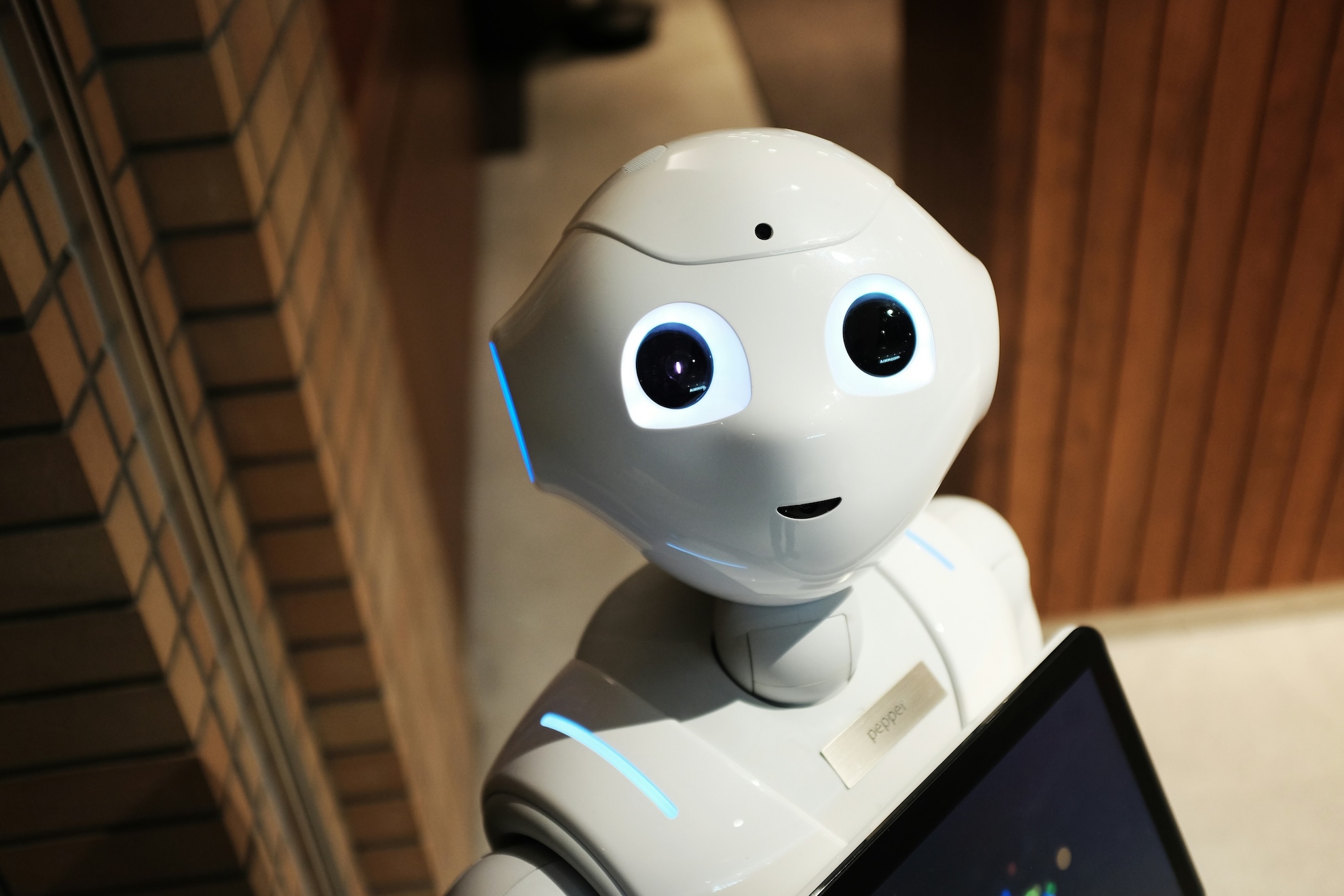10.10.2024
The use of artificial intelligence in diagnostics

Artificial intelligence is a branch of computing that deals with developing systems and training them to perform tasks that require human intelligence.
It includes the following capabilities:
- Language comprehension
- Learning
- Problem-solving
- Formation of perception
- Making a decision
Artificial intelligence can be divided into the following categories:
- Special artificial intelligence - aims to perform specific tasks, such as conducting conversations or recognizing images.
- General artificial intelligence - aims to have traits as similar as possible to humans, such as the ability to think and solve problems in different contexts.
- Machine learning is a subgroup of artificial intelligence focused on the development of algorithms that build a base of information and allow systems to learn without programming.
- Deep learning is an advanced technique that uses neural networks to analyze complex patterns for large amounts of data.
In medicine, machine learning is used to improve diagnostics, treatments, and, of course, the patient's overall health.
Diagnosis of diseases
When we say disease diagnosis, we mean analyzing images such as MRI, and X-rays, to recognize the early stages of cancer or heart disease.
Prediction of treatment outcome
The prediction of the treatment outcome is based on the medical history, so artificial intelligence can estimate when the patient will recover from a certain disease or how he will respond to therapy.
Monitoring of the patient's condition
Health monitoring devices such as smartwatches that monitor vital signs such as heart rate and display activity levels also use machine learning to help detect health problems early.
Optimization of clinical processes
When optimizing clinical processes, artificial intelligence can participate in tasks such as scheduling staff, resource management, promotion, and improving the patient experience.
Data analysis
Large databases of information about patients are used for various research, such as drug research, treatment effectiveness, or studying epidemic models. Artificial intelligence aims to identify patterns.
Diagnostics based on symptoms
Chatbots and virtual assistants analyze the patient's symptoms, make recommendations, and provide further advice for specialist examinations.
In Serbia, an Institute for Artificial Intelligence takes steps towards implementing artificial intelligence in healthcare.
They are focused on the diagnosis of breast cancer and the development of new drugs. Also among the projects is an initiative focused on the improvement of mammography. This would speed up the process of detecting the early stage of breast cancer.
This innovative use of artificial intelligence in the healthcare system will relieve the system and improve its services.
The more artificial intelligence develops, the more it will become a part of our everyday life.
*This text is intended for informational purposes only. If you experience any symptoms, it is recommended that you seek advice from your doctor or a qualified healthcare professional.*
*Image taken from :https://unsplash.com/photos/white-robot-near-brown-wall-2EJCSULRwC8*
References:
- Institut za veštačku inteligenciju. (n.d.). Kako unaprediti zdravstvo primenom veštačke inteligencije. Preuzeto sa https://ivi.ac.rs/news/kako-unaprediti-zdravstvo-primenom-vestacke-inteligencije/
- OpenAI. (n.d.). ChatGPT. Preuzeto sa https://chatgpt.com/?oai-dm=1
Your trusted partner in finding medical information. We offer access to reliable resources and make it simple for you to get in touch with qualified medical service providers. Our goal is to assist you in achieving optimal health through dependable information and ongoing support, whether it's advice, a physical examination, or expert consultation.